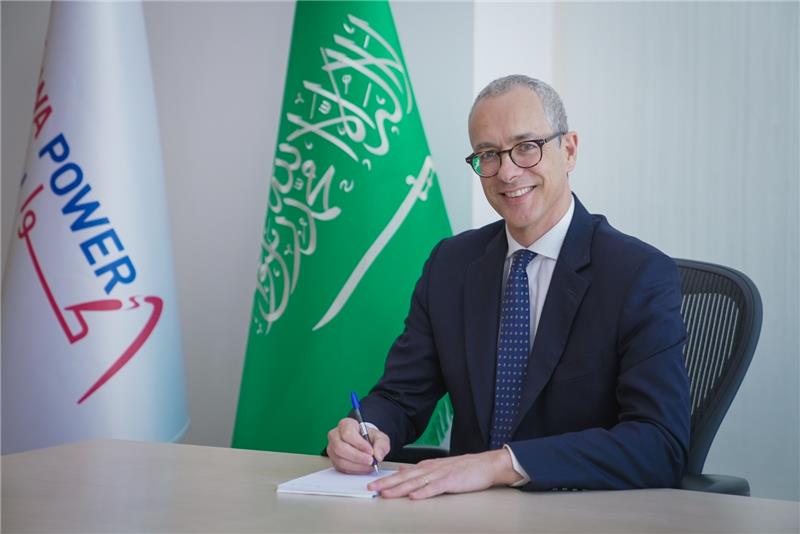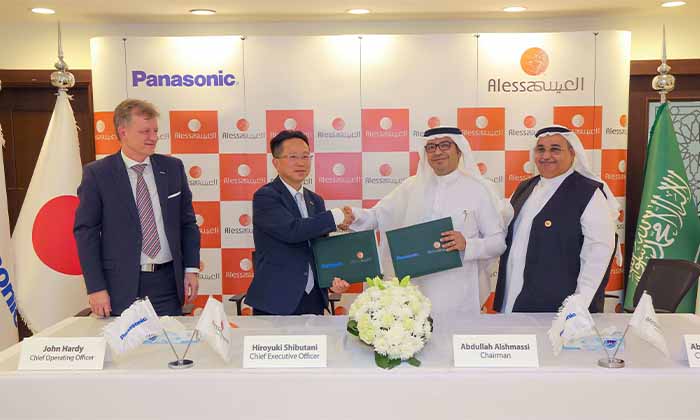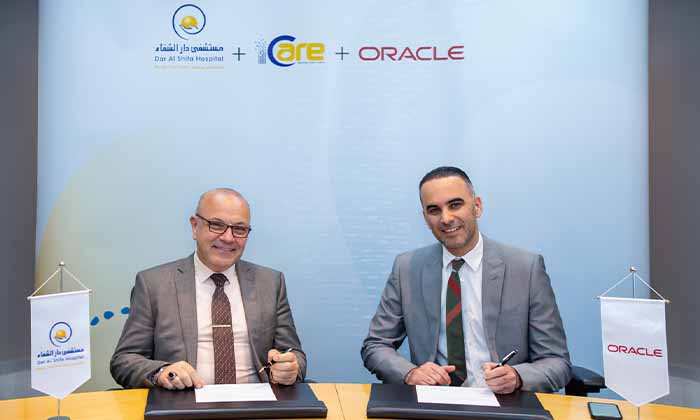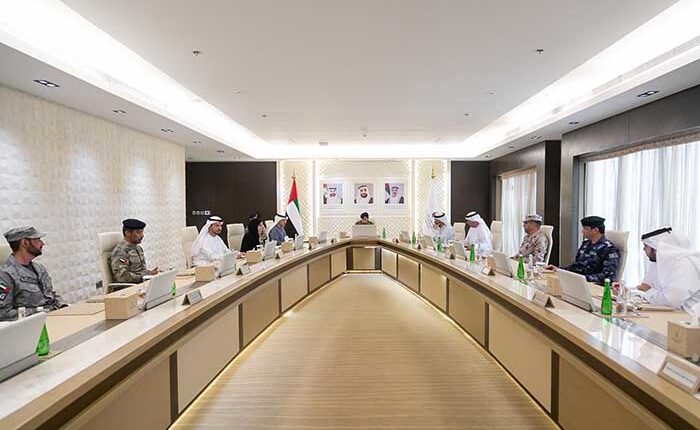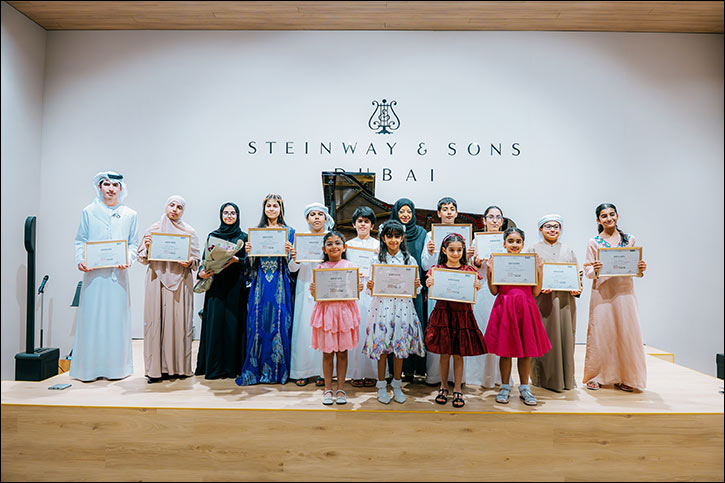- Most young Arabs say preserving their religious and cultural identity is more important than creating a more globalised society
- 70% of youth in the GCC and 60% in North Africa say that Sharia Islamic principles should be the basis of their legal systems, though just over 4 in 10 in the Levant agree
Arab youth say their faith is the cornerstone of their personal identity and prioritise preserving the Arab world’s religious and cultural traditions over creating a more globalised society. And nearly two-thirds say their legal structures should be based on Sharia law.
At the same time, a large majority of young Arab men and women say religion plays too big a role in the region and want religious institutions to reform. In contrast, 73% of Arab youth overall (78% in the GCC, 76% in North Africa and 65% in the Levant) say that religion plays too big a role in Middle Eastern life, and more than three-quarters (77%) say that religious institutions in the region require reform.
These apparently divergent findings were some of the highlights of the 14th Annual ASDA’A BCW Arab Youth Survey, unveiled today by ASDA’A BCW, the Middle East & North Africa’s leading communications consultancy.
This year’s study finds young Arab men and women at a crossroads. Having lived through the upheavals of the Arab Spring, the rise and fall of Daesh, and the Covid-19 pandemic, they want to hold on to their identity while at the same time adopt change.
According to the findings, 41% of Arab youth say their religion is most important to their personal identity, a 7% increase compared to 2021.
This is followed by their nationality (18%), their family or tribe (17%) and cultural heritage (7%), though youth in the Levant are less attached to religion compared with their peers in the GCC and North Africa, with only a quarter saying it was most important to their identity.
The Arabic language is deemed the most important factor by just 5% of the entire study sample. More than half (55%) also say that the Arabic language is less important to them than their parents, though only 40% of GCC youth share this view.
Nearly three-quarters of Arab youth (70%) and a clear majority in the GCC, North Africa and the Levant express concern about the loss of traditional values and culture.
Most youth in all three regions also agree that preserving the region’s religious and cultural identity is more important than creating a more globalised society (65% say this overall). And 70% of youth in the GCC and 60% in the North Africa say that Sharia Islamic principles should be the basis of their legal systems, though just over 4 in 10 in the Levant agree.
Now in its 14th year, the Annual ASDA’A BCW Arab Youth Survey is the largest study of its kind of MENA’s largest demographic, its 200 million plus youth.
ASDA’A BCW commissioned IDS Research & Consultancy to conduct face-to-face interviews with 3,400 Arab citizens aged 18 to 24 in their home nations from May 13 to June 16. Interviews with an equal sample of men and women took place in 50 cities across a total of 17 Arab states.
Presented under six distinct themes – Identity, Livelihood, Politics, Global Citizenship, Lifestyle and Aspirations – the findings reveal a generation attempting to chart a new course away from the divisions of the past decade.
Sunil John, President, MENA, BCW and Founder of ASDA’A BCW, said the research presented further valuable insights into the mindset of young Arab men and women across MENA, and the issues decision makers must address if they are to make the most of their potential.
“At ASDA’A BCW, we believe that to understand the Arab world, we must first understand the hearts and minds of its largest demographic, its youth. The 2022 survey, when it comes to personal identity, throws up as many questions as answers. There are vast regional splits and contradictions, that can only be explained by the vastly differing economies, lifestyles and cultures across the region.”
“While unemployment is rife in some countries, reform has been the buzzword in 2022, and the influence of foreign cultures within the region is rising rapidly,” John added. “This is clearly impacting on the mindset of young Arabs today.”
To know more about the findings, log on to arabyouthsurvey.com
-ENDS-
